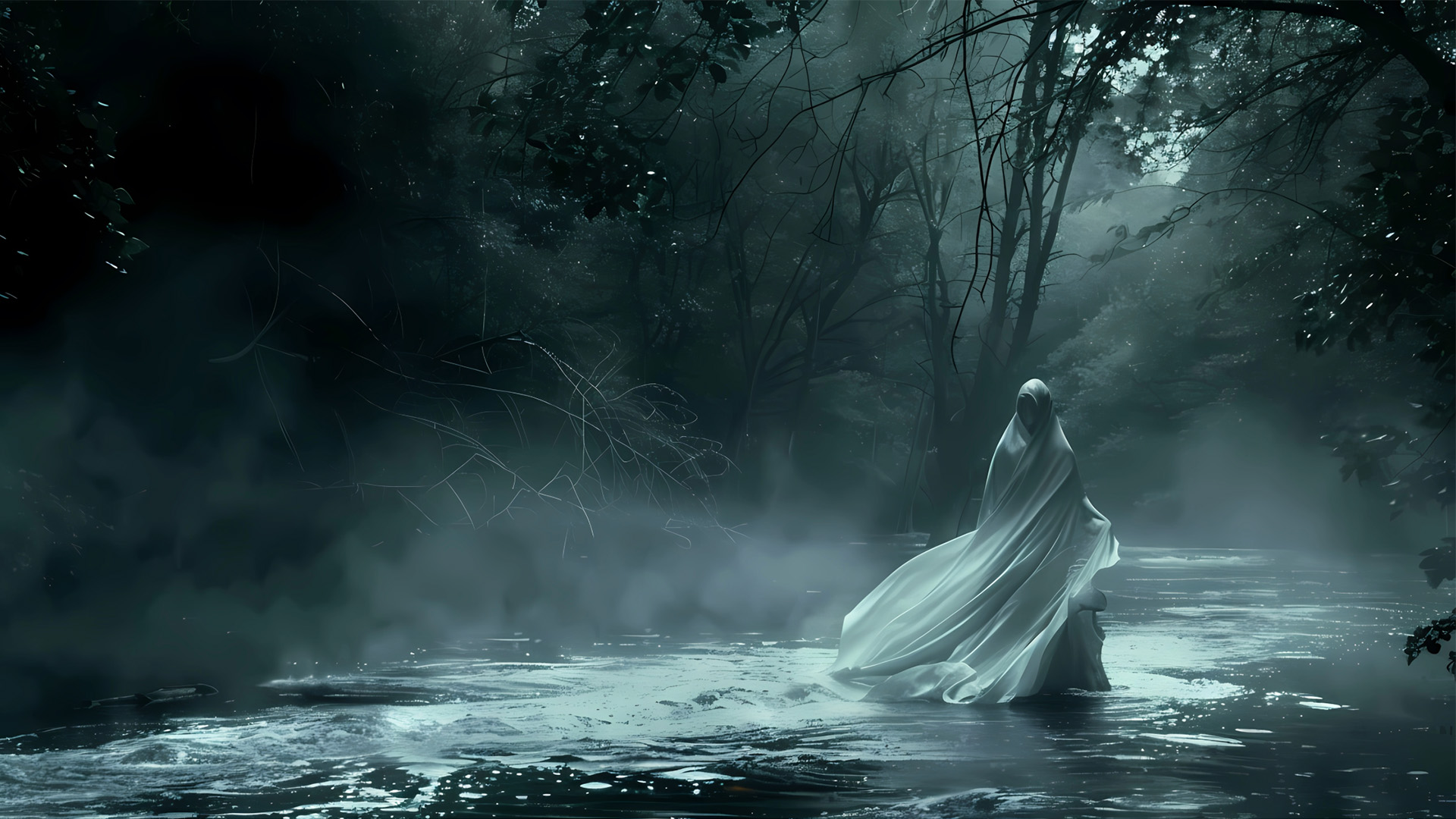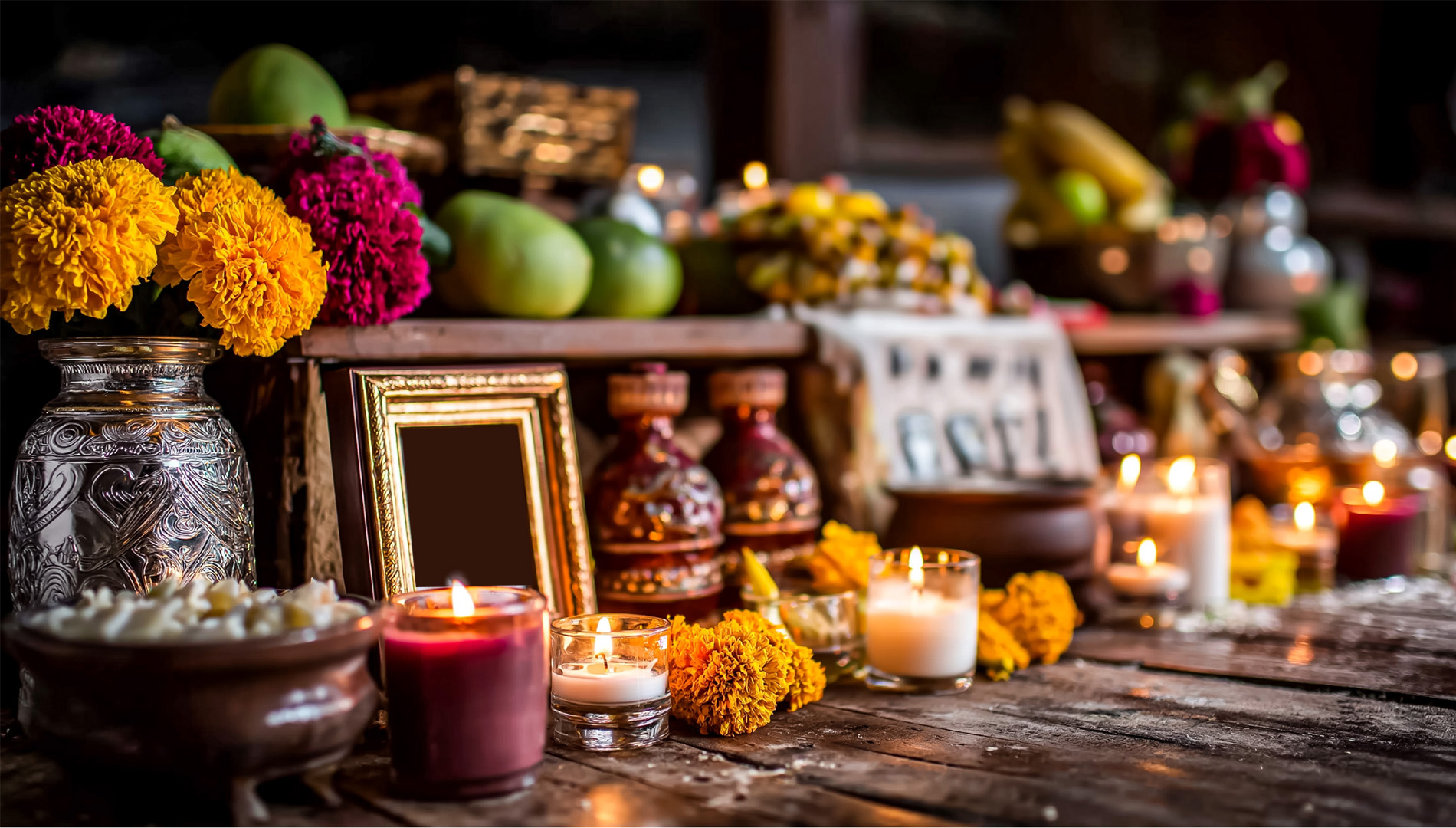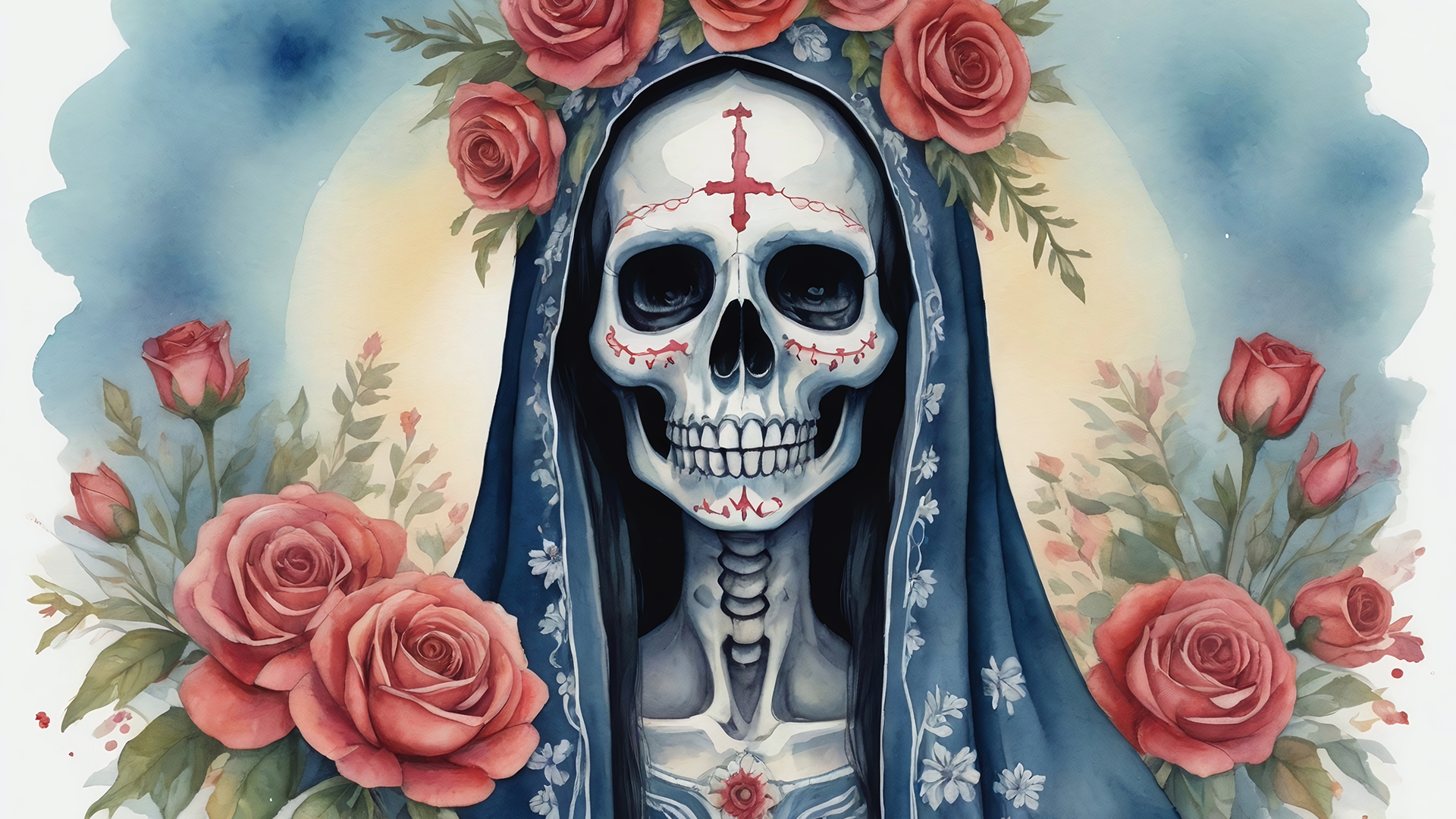DÍA DE LOS MUERTOS
When Artists Drown Their Own Children
Near the river at night, you can hear her weeping.
“¡Ay, mis hijos!” – Oh, my children!
La Llorona (“the Weeping Woman”) wanders the riverbank searching for the children she drowned in a moment of unbearable rage and grief. She cannot rest. She searches for what can never be recovered.
Every artist and creator knows this story. Because every artist and creator has been her.
CREATIVE DESPAIR
The Children We Drown
Artists make children of our own: the works that come through us demanding to live.
And sometimes, in fear or despair, we drown them.
- The manuscript you abandoned.
- The painting you destroyed.
- The song you filed away.
We had our reasons. Survival, exhaustion, fear, life. But, still, we killed something that needed us to let it live.

LA LLORONA
The Eternal Search
Like La Llorona, we wander the creative riverbanks, haunted by the work we silenced. Blank pages recall what we wadded up. Silence echoes with what we dragged and dropped into the trash folder.
We try to recreate it, to recover what’s gone … but we can’t. And in our grief, we risk drowning the new work trying to be born.

LOS MUERTOS
Honoring the Dead Work
Día de los Muertos (Day of the Dead) offers another way. It doesn’t deny death, it transforms it.
If you’ve drowned your creative children, build an ofrenda. Honor what they were, what they taught you, what they cost. Then forgive yourself and let them rest.
You can create again. Not as replacement, but as resurrection. You can refuse to drown the next thing that comes through you.
MAKE SOMETHING THAT LIVES
The Living Work
La Llorona is trapped at the river where her children died. But you don’t have to stay there.
- Walk away from the water.
- Make something new, imperfect, honest, alive.
- Let it live, even if you’re afraid.
The river doesn’t need your tears anymore. Your work, the living work waiting to be made, needs your attention.
This Día de los Muertos, honor the lost work … and then make something that lives.
Randall White
Abbetuck
Día de los Muertos (Nov. 1–2) blends Indigenous and Catholic traditions to honor the dead with ofrendas (altars), decorated graves, and joyful gatherings filled with food, music, and remembrance. LEARN MORE →




No responses yet